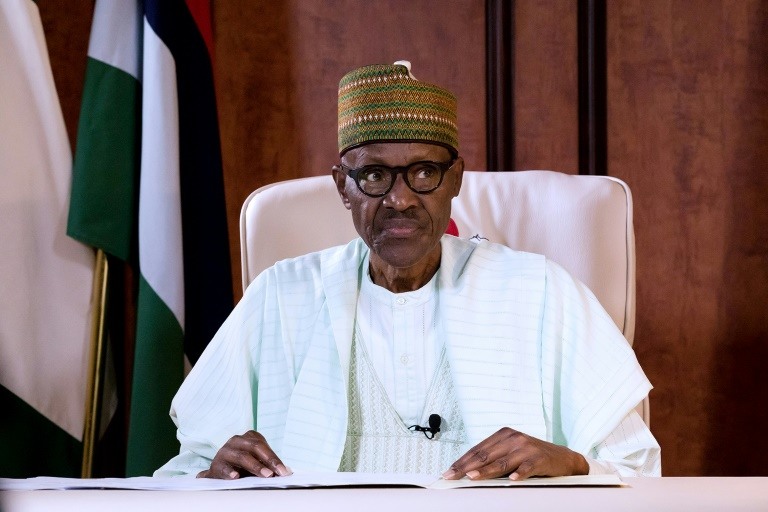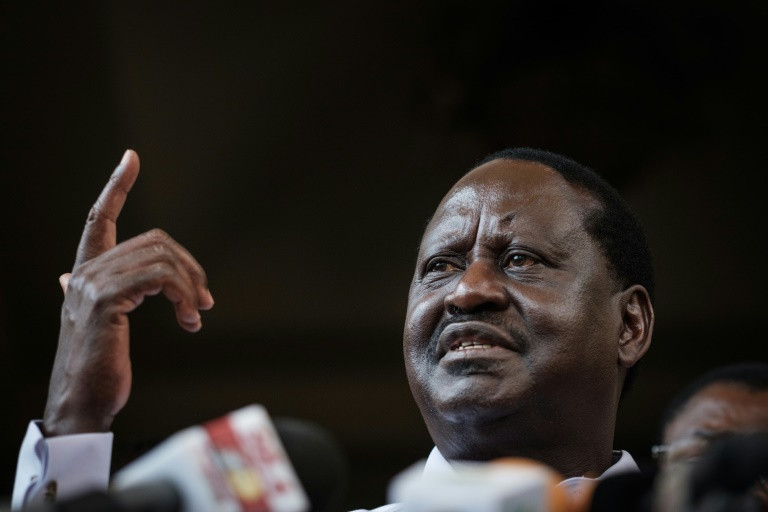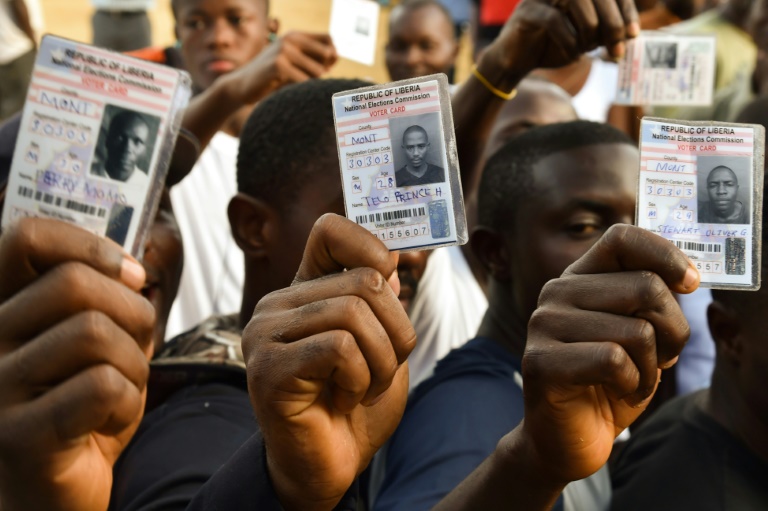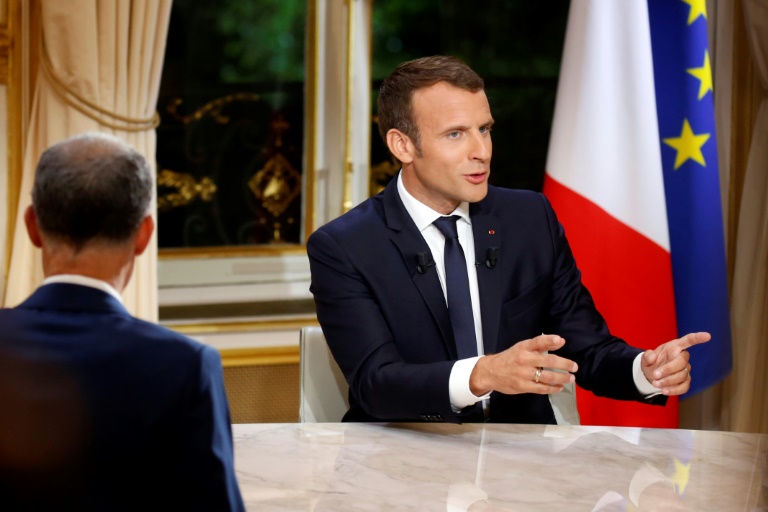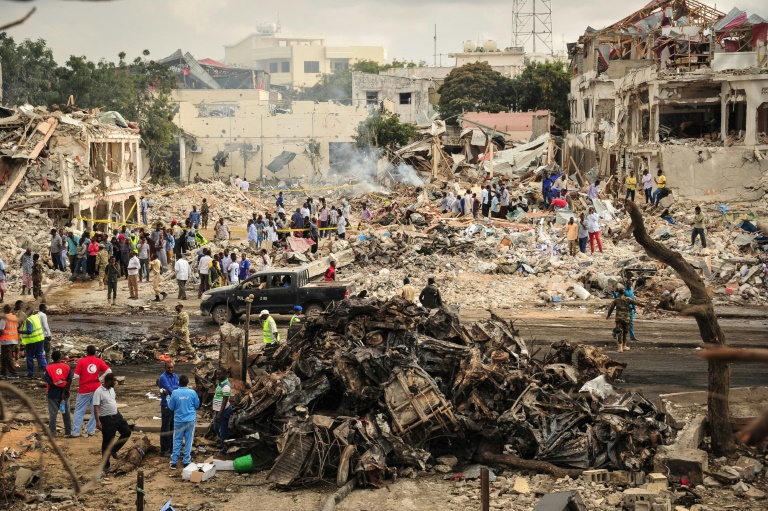At least 29 killed in central Nigeria violence
At least 29 people were killed in a new flare-up of violence in central Nigeria targeting people sheltered in a primary school, prompting President Muhammadu Buhari to issue an appeal to "stop the madness".
The attack happened on Monday in Plateau state, which has been dogged for years by ethnic, sectarian and religious unrest.
Sunday Audu, the head of the Irigwe Community Development Association, said armed men stormed the school in the village of Nkyie Doghwro, in the Bassa area of the state.
Hundreds of local residents had sought refuge there for fear of reprisal attacks, after unidentified assailants killed six cattle herders on Sunday.
"Our people were attacked... with 29 dead, three injured at a school used as a camp and protected by security," Audu told reporters in the Plateau state capital, Jos, on Monday.
Plateau police spokesman Tyopev Terna confirmed the attack but declined to give a death toll.
Audu blamed the killings on the mostly nomadic Fulani herdsmen, accusing them of being "in denial of sponsoring these attacks".
But the head of the Miyetti Allah Cattle Breeders Association of Nigeria (MACBAN) in Bassa, Umaru Sangare, denied claims they were to blame.
"We have no hand in the attack against the Irigwe, despite the fact that our six men were killed on Sunday and beheaded at Bajju village while grazing," he said.
"We didn't take the law into our own hands but reported the incident to the military and police authorities and secured their permission to bury the decapitated bodies."
- Resource conflict -
Plateau state lies on the dividing line between Nigeria's mainly Christian south and the mostly Muslim north. It has seen sporadic violence and tensions for decades.
The violence has been attributed to a battle for resources because of drought and desertification in northern Nigeria and the wider Sahel region, forcing herders further south.
Farming communities, most of which are Christian, have complained the herdsmen, who are mainly Muslim, damage their fields and crops with their livestock.
The problem is also linked to wider issues, with the farmers seen as "indigenous" and the herdsmen "foreigners", even if they have lived in the area for generations.
Fulani leaders say they are deprived of basic rights, such as access to land, education and even political office.
Tensions frequently boil over and more than 10,000 people have been killed in the state since the turn of the century, according to groups tracking the violence.
Last month, the International Crisis Group (ICG) warned in a report that the clashes threatened Nigeria's national security and were becoming as dangerous as Boko Haram Islamists.
It called for more cooperation and the adoption of measures such as better rural security, designated grazing areas and conflict resolution programmes.
Southern leaders, however, believe President Buhari lacks the political will to tackle the problem, as the Fulani are his kinsmen.
A statement from Buhari's office on Monday night said he learned of the latest killings "with deep sadness and regret", giving the death toll as "at least 20".
"This madness has gone too far," the emailed statement said.
"(Buhari) has instructed the military and the police to not only bring the violence to an instant end, but to draw up a plan to ensure that there are no further attacks and reprisal attacks by one group against the other," it added.
Read more »
